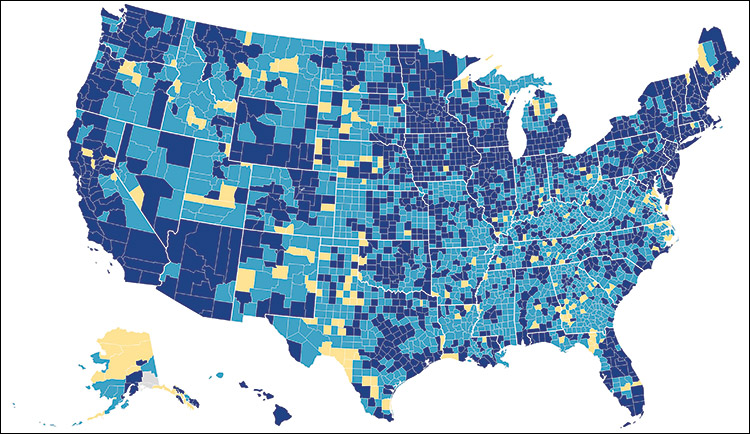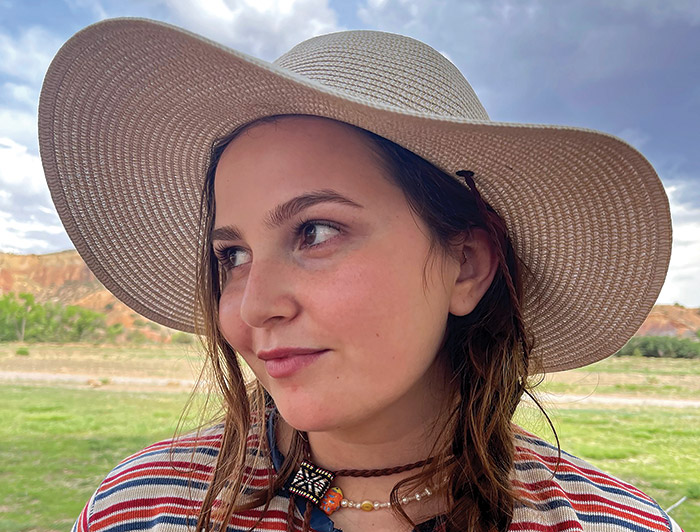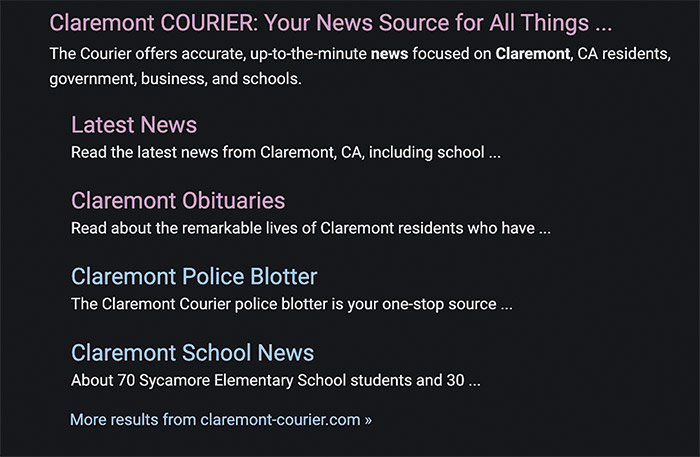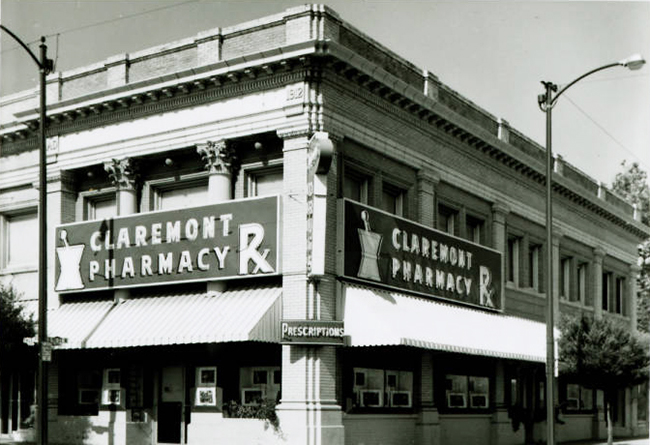Readers comments 11-16-18
Gold line delay
Dear Editor:
The decision to hold off on the long-planned extension of the Foothill Gold Line to our community here in Claremont is a disconcerting surprise.
Even in the face of higher bids, the Metro Gold Line Foothill Extension Construction Authority should reconsider this decision which could negatively affect transit users in Claremont and the neighboring cities of Pomona and Montclair.
Here at Pomona College, many students do not bring cars to campus. And with more than 50 percent of our students on financial aid, public transit is an important option for getting to internships and community engagement activities. Our community is deeply committed to sustainability and we actively encourage students, faculty and staff to make use of public transit.
In the areas where it is already operating, the Gold Line has been quite successful in building ridership, so we are excited to have a station planned for only blocks from campus. And I know Claremont has worked hard to accommodate the Gold Line extension and help make it happen.
But the decision to hold off on extending the line to the cities of Pomona, Claremont and Montclair, and the accompanying uncertainty over the project, threaten to undermine confidence that our region can build a truly workable public transit system.
At the moment, there is strong momentum for creating alternatives to cars and crowded roads. The sudden shift in plans may weaken public trust in what so far has been a well-regarded project.
The construction authority should look to other options.
We need this train to arrive—on time.
G. Gabrielle Starr
President, Pomona College
Claremont
Thank you
Dear Editor:
I wish to express my heartfelt thanks to all those who voted for sober, common-sense governance which respects the character of Claremont. Sadly, there were not quite enough of us to prevail.
Again, to all those who voted for me, thank you.
Douglas Lyon
Claremont
Sustainability dialog
Dear Editor:
A few weeks ago I authored an article on the need for safe and sustainable rainwater harvesting as part of the Demystifying Sustainability series. Several people since then have asked for additional information on proper rain barrel set up and controlling mosquitos.
A video from Sustainable Claremont’s Dialog on November 5 that covers these details and more is now available to view on YouTube by searching “Sustainability Dialog: Safe & Sustainable Rainwater Harvesting.”
Drew Ready
Claremont
The library returns
Dear Editor:
The Claremont library is about to reopen after a seven-month renovation. The results are stunning. Come by on Monday, November 26 from 10 a.m. to 7 p.m. and take a look for yourself. See the updated modern furnishings, the radical new floor plan that expands and maximizes the space, the banks of computers and the sparkling, newly tiled bathrooms.
The Friends of the Claremont Library Bookstore has been given sleek burgundy bookcases—located in the east entry and in the lobby along the walls—to hold all the categories of books and audio/visual materials that you expect. And, if you have gently-used books to donate to our bookstore, please bring them to the library any time after the opening.
The glass display case in the lobby is still there. You can find highly discounted books of great value for purchase: rare, old and first editions; fine early and later classics in nearly all academic fields, especially history and literature; a large number of autographed works; books by specialty printers; and finely illustrated books, and just in time for the holidays.
If you don’t see what you want in the display case, come to the fine book sale, where hundreds of additional titles will be available for purchase on December 8 from 9 a.m. to 4 p.m. Members receive a 10 percent discount that day on all book sale purchases. Cash, check, credit cards accepted.
Visit the library meeting room on opening day, and the Friends of the Claremont Library will be there with light refreshments and gifts. Copies of the Claremont On the Same Page community read, The Refugees by Viet Thanh Nguyen, will be available for sale, and you can pick up a full color lawn sign, illustrated by Naomi Howland and designed by Joel Cinnamon, as well. The library is located at 208 N. Harvard Ave., Claremont.
A hearty re-welcome to Claremont Library.
Lanore Pearlman, president
Friends of the Claremont Library
How cool was World War I?
Dear Editor:
Compared to most wars, World War I was exceptionally cool. For one thing, there really was no reason to fight a war in 1914, but they did get it going anyhow. Then it took only four years to kill 90 million people, which was awesome at the time. They were really imaginative, too. No one had thought of using poison gas to kill people before 1916. And where would we be today without tanks, razor wire and German shepherds, not to mention bombing and starving foreign civilians?
In four short years, they managed also to plant a full century of new wars, including World War II, Korea, Vietnam, the Cold War, and even the invasion of Iraq. People weakened by malnutrition were hyper-vulnerable to the influenza epidemic of 1919 that killed more in one year than the shooting war had been able to accomplish in four. Pretty spectacular!
The punitive peace treaty was a recipe for disaster, but in the short run financiers and bankers made lots of money. In the long run, it precipitated the German inflation and the Great Depression that brought Hitler and Mussolini to power, thus giving President Donald Trump some memorable phrases like “lying press,” “nationalism” and “drain the swamp.”
So this Thanksgiving, remember those who made the supreme sacrifice from 1914 to 1918 so that we might enjoy peace and tranquility forever more.
Ivan Light
Claremont
CUSD sale of La Puerta
Dear Editor:
The Claremont Unified School District has tried twice to sell the public property at the end of Forbes Avenue, and both deals fell through, reportedly due to city and residential involvement and meddling.
Apparently, CUSD has not gotten the message yet on the citizen’s choice for public land use in Claremont, and the district has now gone underground. CUSD applied to the state of California, (reportedly posted in CUSD board minutes and not widely disseminated), and secured an “exemption,” which allows the CUSD business office to bypass a competitive bidding process and to enter directly into negotiations with a sole-source bidder for sale of the public property.
Once the property sale-secure negotiations reach a final or near final stage, the secured buyer will then go to the city and could request a re-zoning of the public land use for private housing development. The city might be motivated to re-zone to relieve some of its stated deficit, and would more likely than not be in favor of re-zoning to raise its tax base.
The probable future of this asset for visionary public education use would be ended. CUSD is not required to notify Claremont residents of its negotiations at all under the exemption rules. No public notification is required. In other words, the sale of public property will be close to a done deal by the time the residents who make their lives in Claremont hear of the situation.
Claremont residents will effectively have their voices totally ignored and silenced. The people who send their children to the Claremont schools will have no opportunity for accountability in how CUSD conducts its business to support those students. Taxpayers without children in the school system won’t either.
Worse yet, in going underground, CUSD has made business decisions that are directly counter to the city’s stated goals and mission of sustainability.
For starters, besides the stretched capacity of the infrastructure, police, maintenance, water and viability of sustainable life in Claremont already financially strained, CUSD has made a secret decision to let a number of very large, beautiful trees die, both on the lot zoned for public use, and along the sidewalk easement bordering Forbes Avenue.
CUSD demolished the school building, charging citizens instead of private developers currently engaged in negotiations for its demolition, set up a gravel pit, cut off the water supplies and left large trees to die. Their story line is that the trees had been infected from years of drought by a long-horned bore pest and were going to die anyway, so why waste money watering?
However, arborists outside of CUSD disagree with this storyline and report that not watering stresses the trees and diminishes their capacity to make the necessary sap to naturally and successfully fight pests. What appears to be a chicken or egg problem is not one. Clearly, not watering the trees preceded the bore worm and diseased tree situation.
While hardworking teachers faithfully serve this community with integrity and professionalism, CUSD administrators appear to have failed in their public responsibility to citizens. Administrators have failed to respect and ensure innovative educational choice or the viability of the environment.
Administrators continue to make business decisions that ignore environmental and residential taxpayers’ concerns, bypassing sustainability and educational possibilities, and have resorted to measures that scorn transparency in public service. Administrators have done so by involving only the calculation of their own financial goals, which have possibly resulted from what could be less than optimal administrative practices, devoid of foresight or accountability.
Kathryn A. Flynn
Claremont
[Editor’s note:?Claremont Unified School District administrators readily agreed to interviews with COURIER staff on three separate occasions regarding the application and approval of the state waiver. Publish dates of those stories are October 27, 2017, June 21, 2018 and again on July 13, 2018. —KD]








0 Comments